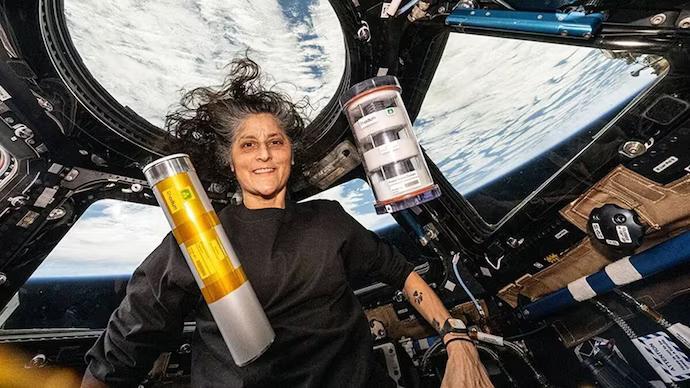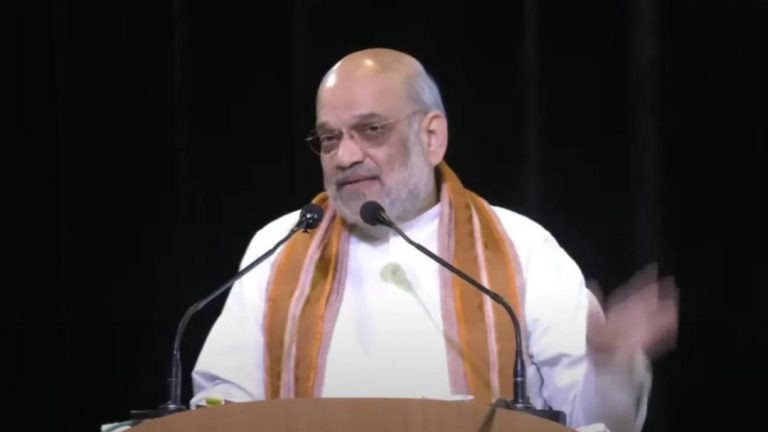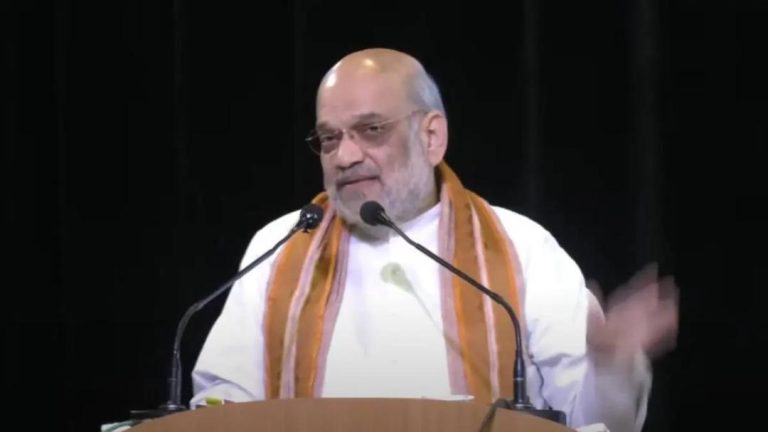
Uncertainty of Return Hardest Part of Being Stuck in Space: Sunita
NASA astronaut Sunita Williams has been on a rollercoaster ride since she embarked on a mission to the International Space Station (ISS) nine months ago. Alongside her fellow astronaut Butch Wilmore, Williams has been living and working in space, conducting various scientific experiments and ensuring the smooth functioning of the space station. However, Williams has recently revealed that the hardest part of her ordeal has been the uncertainty over returning home.
“It’s been…rollercoaster for [our loved ones] probably more so than for us,” Williams said in a recent interview. Her statement highlights the emotional toll that being stuck in space has taken on her and her loved ones. For astronauts like Williams, the uncertainty of return is a constant companion, and it takes a significant toll on their mental health.
Williams and Wilmore are set to return to Earth on the Space X Crew Dragon mission, which is scheduled to launch mid-March. The mission will mark the first time that NASA has used a commercial spacecraft to transport astronauts to and from the ISS. The Crew Dragon is a state-of-the-art spacecraft that is designed to carry both crew and cargo to the ISS and back.
The uncertainty of return is a unique challenge for astronauts like Williams. Unlike most people, who can plan their daily routine and make arrangements for the future, astronauts are completely at the mercy of the universe. Their return journey is dependent on a multitude of factors, including the weather, the performance of their spacecraft, and the availability of resources on the ground.
For Williams, the uncertainty of return has been a constant source of stress and anxiety. She has had to deal with the uncertainty of not knowing when she will be returning home, and the possibility of facing unexpected delays or setbacks. The uncertainty has also taken a toll on her loved ones, who have had to cope with the uncertainty of when they will see their family member again.
“It’s been a rollercoaster for [our loved ones] probably more so than for us,” Williams said. Her statement highlights the emotional toll that being stuck in space has taken on her and her loved ones. The uncertainty of return has been a constant companion, and it has required a significant amount of emotional resilience and coping mechanisms to deal with the stress and anxiety.
Despite the challenges, Williams and Wilmore have been making the most of their time in space. They have been conducting a range of scientific experiments, including research on the effects of microgravity on the human body. They have also been ensuring the smooth functioning of the ISS, which is a critical component of the global space program.
The mission has also given Williams and Wilmore a unique perspective on the world. From their vantage point in space, they have been able to see the Earth in a new light, and they have gained a deeper appreciation for the beauty and fragility of the planet.
“It’s been an incredible experience,” Williams said. “I feel like I’ve gained a new perspective on life, and I’ve learned to appreciate the little things. It’s been a real privilege to be able to see the Earth from this perspective.”
As Williams and Wilmore prepare to return to Earth, they are looking forward to reuniting with their loved ones and returning to a sense of normalcy. The experience of being stuck in space has been a challenging one, but it has also been a valuable one. Williams and Wilmore have gained a unique perspective on the world, and they have developed a deeper appreciation for the beauty and fragility of the planet.
In conclusion, the uncertainty of return is the hardest part of being stuck in space for Sunita Williams. The experience has been a challenging one, but it has also been a valuable one. Williams and Wilmore have gained a unique perspective on the world, and they have developed a deeper appreciation for the beauty and fragility of the planet.






